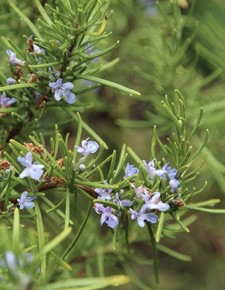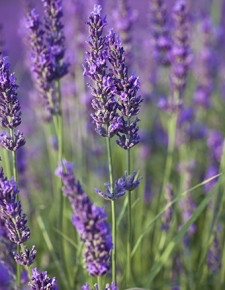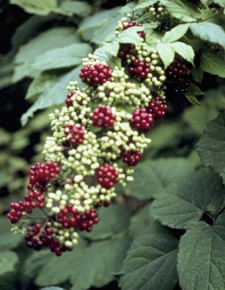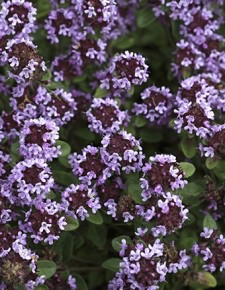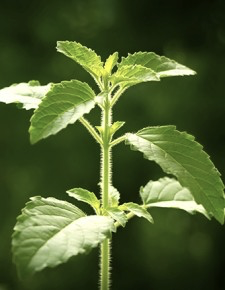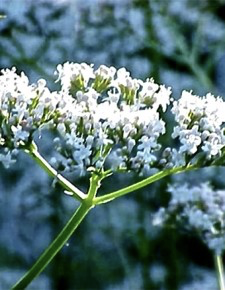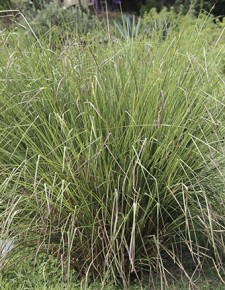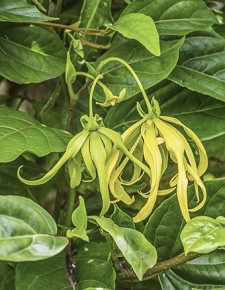Cholesterol, We all Battle with It
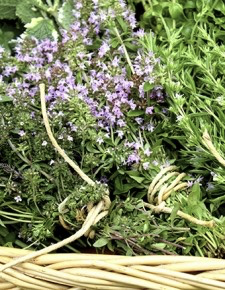
Cholesterol is a naturally occurring substance made by the liver and required by the body for the proper function of cells, nerves, and hormones.
Cholesterol travels in the lipids (fatty acids) of the blood stream, also called plaque, can build up in the walls of the arteries decreasing the flow of blood to vital areas of the body. If plaque continues to build long term it significantly increases the risk of having a heart attack or stroke.
Normally, cholesterol is kept in balance. But, the standard western diet which contains a large amount of hydrogenated fats and refined carbohydrates leads to an upset in this balance. The imbalance is manifested in elevated LDL (bad cholesterol) and a low HDL (good cholesterol) which increases our risk for heart attack or stroke. Other causes include inactivity, diabetes, stress, and hypothyroidism.
As most are aware with visits to their doctor there are three lipoproteins in our blood that are important to our health, low-density lipoproteins (LDL), high-density lipoproteins (HDL), and triglycerides. LDL is known as the bad cholesterol because it is low in proteins and high in cholesterol.
HDL, on the other hand, is high in proteins and low in cholesterol and therefore known as good cholesterol. Triglycerides are a separate lipid in the blood stream that provide a way for the body to store excess energy, but if they are high is another warning sign.
Cholesterol Normal Ranges
The lipid profile blood test reports the levels of cholesterol and triglycerides in the blood steam. This is what the medical community believes the ranges should be but the most important thing to consider is the ratio of LDL to HDL cholesterol which should be around 2:1.
Total cholesterol
| Below 200 mg/dL | Desirable |
| 200-239 mg/dL | Borderline high |
| 240 mg/dL and above | High |
LDL cholesterol
| Below 70 mg/dL | Ideal for people at very high risk of heart disease |
| Below 100 mg/dL | Ideal for people at risk of heart disease |
| 100-129 mg/dL | Near ideal |
| 130-159 mg/dL | Borderline high |
| 160-189 mg/dL | High |
| 190 mg/dL and above | Very high |
HDL cholesterol
| Below 40 mg/dL (men), Below 50 mg/dL (women) |
Poor |
| 50-59 mg/dL | Better |
| 60 mg/dL and above | Best |
Triglycerides
| Below 150 mg/dL | Desirable |
| 150-199 mg/dL | Borderline high |
| 200-499 mg/dL | High |
| 500 mg/dL and above | Very high |
The American Heart Association (AHA) recommends that a triglyceride level of 100 mg/dL or lower is considered “optimal.”
Cholesterol Reducing Foods
If you want to lower cholesterol, diet is key. Here are the top foods and nutrients that can naturally lower cholesterol:
Omega-3 fats – Foods high in omega-3 fats can help increase HDL cholesterol and reduce risk of cardiovascular disease.
Foods high in soluble fiber – Soluble fiber binds cholesterol in the digestive system causing it to be excreted by the body. Include plenty of fruits, vegetables, sprouted nuts and seeds and other fiber rich foods.
Olive oil – Helps raise HDL cholesterol.
Garlic and onions – These two cholesterol reducing foods help lower LDL cholesterol because of their sulfur containing compounds which help cleanse the arteries.
Herbs – Add a variety of spices such as basil, rosemary and turmeric to your food which contain antioxidants that are cardio-protective and help lower cholesterol naturally.
Foods that Raise Cholesterol
Avoid these bad cholesterol foods at all costs:
Sugar and refined carbohydrates – Both stimulate the liver to produce more cholesterol and increase inflammation.
Alcohol – Also stimulates the liver to produce more cholesterol, increasing cholesterol levels and inflammation. A glass of red wine per day may be cardioprotective, but anything more than that will increase your cholesterol.
Hydrogenated fats – Vegetable oils are pro-inflammatory and may increase cholesterol.
Caffeine – Too much caffeine can increase cholesterol. Limit coffee or tea to no more than 1-2 cups per day.
Trans fats – Increases LDL cholesterol, inflammation, and risk of cardiovascular disease.
Top 5 Cholesterol Lowering Natural Remedies
Taking the right supplements and natural remedies can help lower cholesterol levels if combined with a healthy diet.
#1 Fish Oil (1,000mg – 2,000 mg daily)
EPA and DHA (omega-3 fats) found in fish oil help reduce overall cholesterol levels.
#2 CoQ10 (200-300 mg daily)
If you are on cholesterol lowering medications, take CoQ10 daily because these medications decrease levels of this important enzyme.
#3 Niacin (1,500 mg daily)
Niacin (vitamin B3) reduces LDL cholesterol by 25% and increases good cholesterol by 35%
#4 Red Yeast Rice (1200 mg 2x daily)
Reduces cholesterol by up to 32%. Take with CoQ10 to prevent deficiency.
#5 Garlic (500 mg daily)
Increases HDL cholesterol and lowers total cholesterol.
Exercises to Balance Cholesterol
Exercise with weight training and burst training can boost HGH (human growth hormone) which can improve HDL cholesterol and lower LDL cholesterol.
Essential Oils for Cholesterol
Lavender essential oil has been proven to lower cholesterol levels because it decreases emotional stress. Cypress oil lowers cholesterol because it improves circulation and rosemary oil reduces cholesterol because of it’s unique anti-oxidant properties and is cardio-supportive.
The journal Food and Chemical Toxicology published an article resurfaced a 30 year debate whether or not lemongrass oil can reduce elevated cholesterol levels with the following study:
“…one of the three experimental groups receiving lemongrass EO (1, 10 or 100mg/kg). No significant changes in gross pathology, body weight, absolute or relative organ weights, histology (brain, heart, kidneys, liver, lungs, stomach, spleen and urinary bladder), urinalysis or clinical biochemistry were observed in EO-treated mice relative to the control groups. Additionally, blood cholesterol was reduced after EO-treatment at the highest dose tested [~2 drops]. Similarly, data from the comet assay in peripheral blood cells showed no genotoxic effect from the EO. In conclusion, our findings verified the safety of lemongrass intake at the doses used in folk medicine and indicated the beneficial effect of reducing the blood cholesterol level.” (11)
At roughly 2 drops per day, taking lemongrass essential oil is a superbly effective and simple approach to balance your cholesterol levels!



